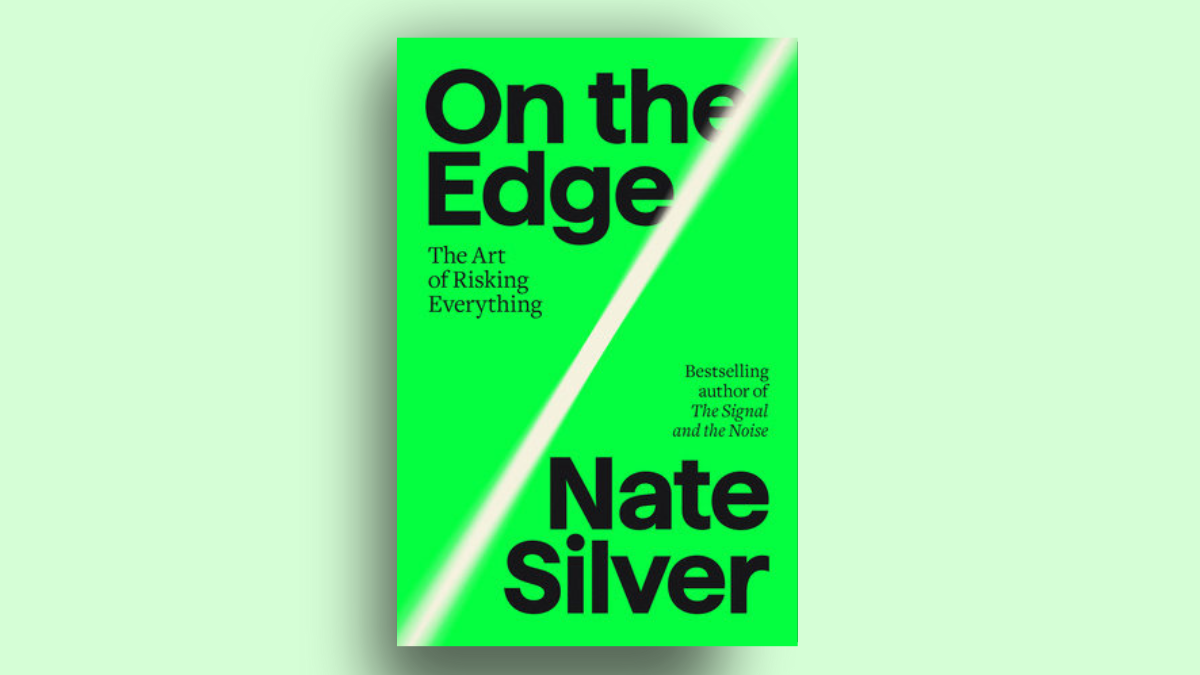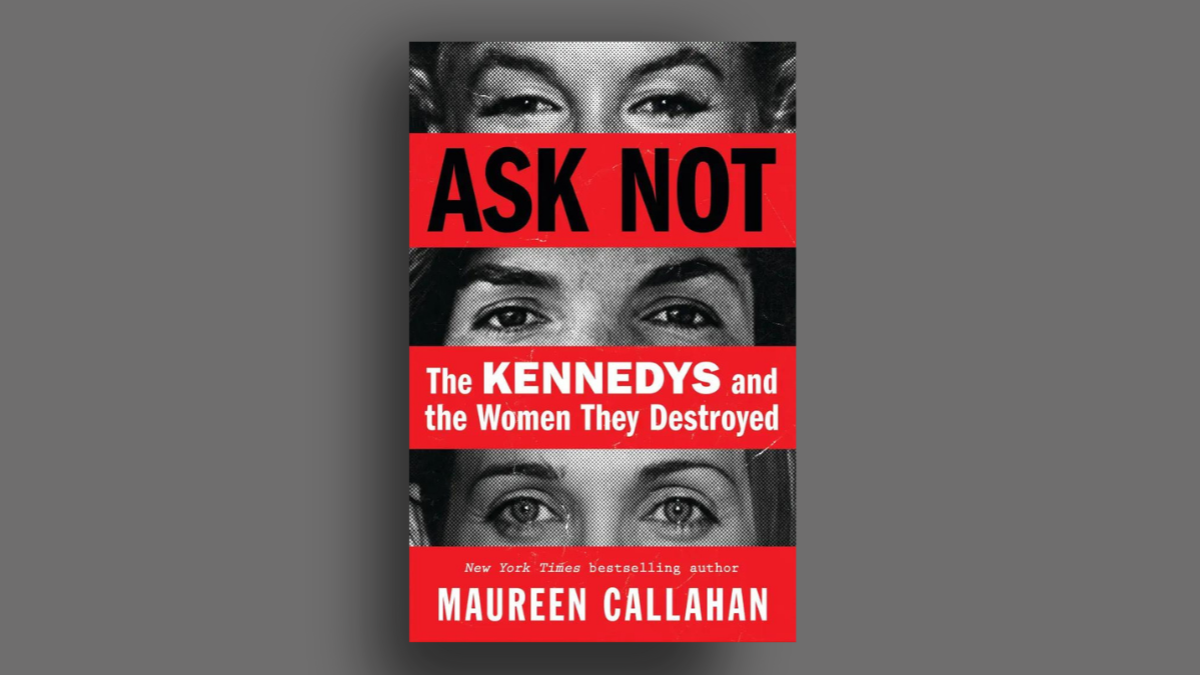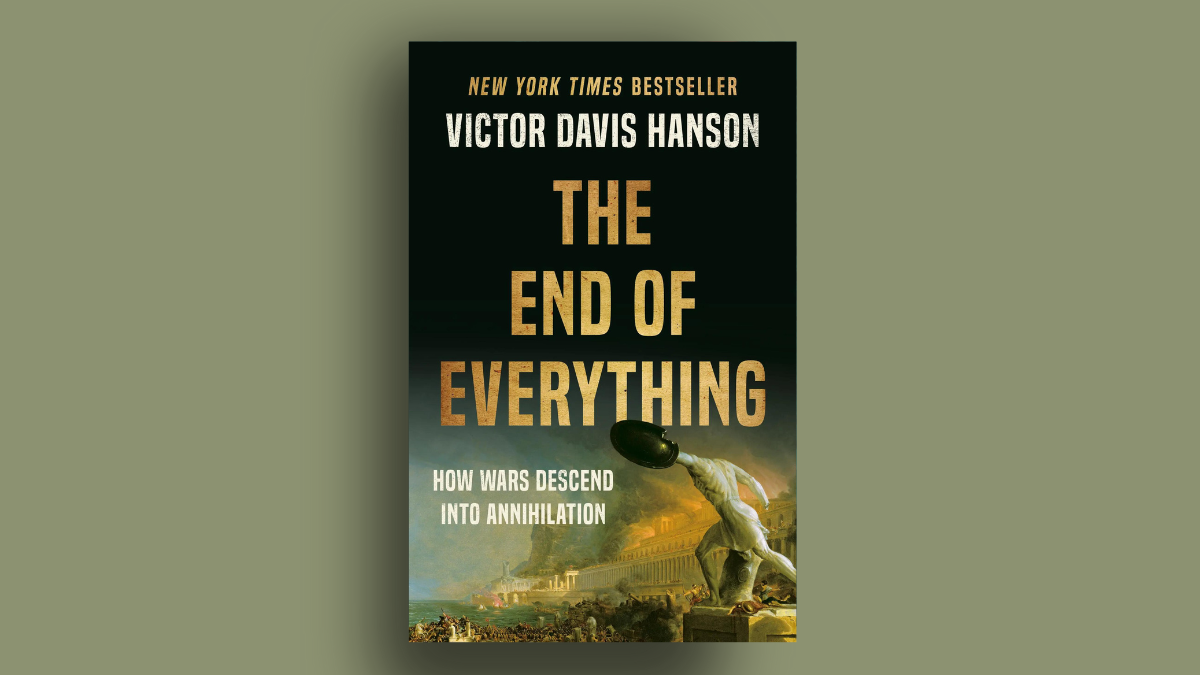More than 100 years ago, Supreme Court Justice Oliver Wendell Holmes observed that popular catchwords can stunt critical thinking for 50 years or more. In his latest book, Social Justice Fallacies, revered economist and scholar Thomas Sowell confirms Holmes’ observation by examining the buzzwords that self-described “social justice” proponents commonly use today. He shows that, despite many years — and in some cases even centuries or more — of evidence revealing these words to be nonsense, our media and cultural elites continue touting them in utter defiance of facts.
Social Justice’s False Premise
Consider, for example, the very term “social justice.” It is predicated on the assumption that institutional discrimination is the primary reason for differences among groups of people, whether among races, economic classes, or even between the sexes. It assumes that were it not for such discrimination, all races, groups, and classes would be equally represented in all human endeavors. In other words, human beings are equal not only in their nature and capacities but in their ability to develop those capacities.
As Sowell documents, however, this assumption is rarely tested empirically. In fact, both the historical record and everyday experience regularly contradict it. For example, not only have homogenous societies had unequal representation among groups of people in various endeavors, but even twin siblings who are raised under the same roof and by the same set of parents show vast differences in aptitude, performance, and cognitive ability. This is because factors beyond both our knowledge and our control — including factors that begin long before birth — heavily influence the development of human capabilities, including intelligence.
Culture and Competence
Some cultural traditions, for example, go back centuries or even millennia and thus continue to orient the developmental capacities of the people living in these cultures today. For instance, Sowell notes that the Germans have been brewing beer for thousands of years, far longer than most other cultures. It is, therefore, no surprise that they tend to be superior at making beer nowadays. Likewise, for reasons that need not concern us here, Jewish people have historically been significantly involved in matters of finance, where they continue to excel to this day.
It is simply folly, however, to believe that government decree could circumvent these longstanding cultural traditions without major catastrophe. Moreover, these “reciprocal inequalities,” as Sowell calls them, rarely amount to one group dominating all fields of human achievement. “Even highly successful groups,” he writes, “have seldom been highly successful in all endeavors. Asian Americans and Jewish Americans are seldom found among the leading athletic stars or German Americans among charismatic politicians.”
Cultural Inequalities Aren’t Fair
Of course, Sowell quickly adds that this does not mean that life is fair for all groups of people, much less to all individuals, or that there is nothing that can be done about injustices in the world. It does mean, however, that we ought to be humble about the limits of both our knowledge and our power to improve things rather than make them worse. As he points out, “We might agree that ‘equal chances for all’ would be desirable. But that in no way guarantees that we have either the knowledge or the power required to make that goal attainable, without ruinous sacrifices of other desirable goals, ranging from freedom to survival.”
Sowell spends several chapters documenting the negative consequences that have followed from decades of government policymakers ignoring the limits of their knowledge. He describes the unintended consequences of minimum wage policies, tax legislation, rent control laws, and policies related to race and sex as well as to welfare, housing, and education.
Affirmative Action and Welfare Backfire
Take, for instance, the issue of affirmative action in education. Sowell exposes the harm these policies have done first and foremost to the recipients themselves. Minority students who gain acceptance to elite schools for which they are not academically prepared often struggle to keep up with the rigorous pace and demanding workload. As a result, they end up either failing or dropping out.
On the other hand, Sowell highlights the positive results that followed from the abolition of affirmative-action policies in California (as decided by voters). “The number of black and Hispanic students graduating from the University of California system as a whole rose by more than a thousand students over a four-year span,” he observes. “There was also an increase of 63 percent in the number graduating in four years with a grade point average of 3.5 or higher.”
A similar trend followed the growth of the welfare state in the 1960s when both crime rates and out-of-wedlock birth rates exploded in minority communities. The two decades prior to the ’60s, however, saw declining crimes. Out-of-wedlock birth rates were lower among minority groups than among the majority white population. Nevertheless, laments Sowell, “intellectual elites, politicians, activists and ‘leaders’ — who took credit for the black progress that supposedly all began in the early 1960s — took no responsibility for the painful retrogressions that demonstrably did begin in the 1960s.”
Beware Man’s Ignorance
All this history and much more is packed into this short but critical book, whose single most important insight may be how little we know about the lives of others. We must, therefore, be careful when making policy decisions that have the potential to affect many people — and possibly even whole societies.
As Sowell warns, “Stupid people can create problems, but it often takes brilliant people to create a real catastrophe. They have already done that enough times — and in enough different ways — for us to reconsider, before joining their latest stampedes, led by self-congratulatory elites, deaf to argument and immune to evidence.”









